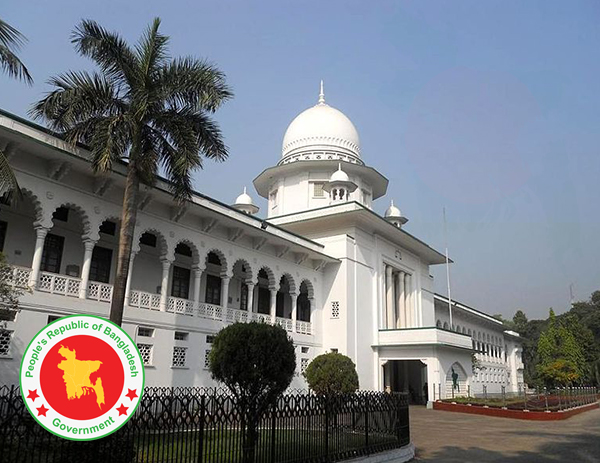 The Bangladesh Travel Guide
The Bangladesh Travel Guide
Bangladesh : Foreign Relations
The Constitution embodies the basic principles of foreign Policy; that says, the state shall base its international relations on the principles of respect for national sovereignty and equality, non-interference in the internal affairs of other countries, peaceful settlement of international disputes and respect for international laws and principles as enunciated in the United Nations Charter.
Bangladesh pursues a forward-looking foreign policy based on friendship with all and malice towards none. As an active member of the UN, the Non-Aligned Movement, the OIC, the Commonwealth and various international organizations, Bangladesh promotes global peace, stability, co-operation and development. Bangladesh pioneered the formation of SAARC-a regional co-operation forum comprising seven South Asian countries-Bangladesh, Bhutan, India, Maldives, Nepal, Pakistan and Sri Lanka. Bangladesh has vigorously pursued the cause of enhancing economic co-operation in the region. One of the Outcomes has been the formation and implementation of SAPTA or South Asian Preferential Trading Arrangement.
Since assumption of office in 1996, the present Government has been pursuing an active and aggressive foreign policy mainly for economic ends. It is a matter of pride that as many as eight outstanding Statesmen of the world visited Bangladesh during the inaugural year of the present Government. Prime Minister Sheikh Hasina addressed the 51st session of the UN General Assembly in October, 1996.
During the World Food Summit held in Rome the same year, her call to build a poverty-free world earned praise all over the world. Her chairing the World Microcredit Summit in Washington D.C. in February, 1997 has been a matter of great honour for Bangladesh. Among her foreign visits, trips to Saudi Arabia. China and India were tremendous diplomatic successes.
In the bilateral front, longstanding dispute with India on sharing the Ganges waters has been Finally resolved by signing the historic 30-year Water-sharing Treaty in December, 1996. Other outstanding issues with neighbouring countries are also being gradually addressed.
Efforts for strengthening South Asian Regional Co-operation through the SAARC got a new momentum due to the pragmatic role played by Prime Minister Sheikh Hasina at the Male and Colombo summits held in 1997 and 1998 respectively. The scope for regional cooperation for economic growth has been further widened through Bangladesh joining the BIMSTEC (Bangladesh, India, Myanmar, Sri Lanka, Thailand Economic Cooperation) and D-8 (Developing eight countries-Bangladesh, Egypt, Indonesia, Iran, Malaysia, Nigeria, Pakistan and Turkey) economic groupings.
Bangladesh has been striving hard to further strengthen bilateral and sub-regional ties with neighbours, especially in the fields of trade, commerce, investment, transit and tourism. These are likely to have positive impact on the economy. In the backdrop of a Globalized world economy, Bangladesh cannot afford to lag behind in seizing opportunities for regional and sub-regional co-operation for rapid economic growth.
Bangladesh remains firmly committed to the emerging faith in the prospects for peace, prosperity and balanced development throughout the world.